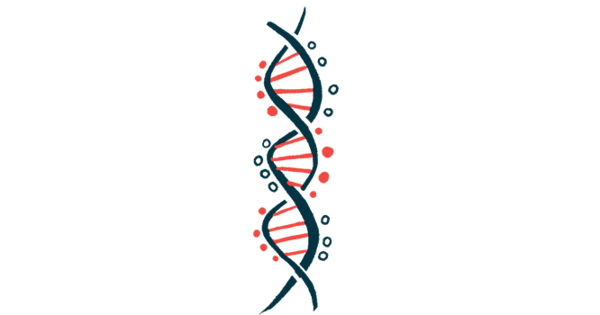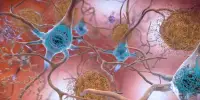Epigenetics is the study of changes in gene expression that occur without any alteration in the DNA sequence. These changes can be influenced by various environmental factors, including a mother’s behavior during pregnancy and early childhood.
Research has suggested that a mother’s behavior, such as stress levels or diet, can influence the epigenome of her child. For example, studies have shown that pregnant women who experience high levels of stress have children with altered DNA methylation patterns, which can affect gene expression and potentially lead to negative health outcomes.
A new study links neutral maternal behavior toward infants with an epigenetic change in children related to stress response, adding evidence to the importance of early development.
Epigenetics are molecular processes that influence gene behavior that are unrelated to DNA. Researchers discovered that neutral or awkward behavior of mothers with their babies at 12 months was associated with an epigenetic change known as methylation, or the addition of methane and carbon molecules, on a gene known as NR3C1 when the children were 7 years old. This gene has been linked to the regulation of the body’s stress response.
There is evidence of a relationship between the quality of maternal-infant interaction and methylation of this gene, though these are small effects in response to a relatively small variation in interaction.
Elizabeth Holdsworth
“There is evidence of a relationship between the quality of maternal-infant interaction and methylation of this gene, though these are small effects in response to a relatively small variation in interaction,” said Elizabeth Holdsworth, a biological anthropologist at Washington State University and the study’s lead author.
Other studies have linked extreme stress in childhood, such as neglect and abuse, to more dramatic methylation on this specific gene in adults. However, Holdsworth emphasized that the small difference found in this study could be due to normal human variation, and it is difficult to determine whether there are any long-term effects.
For this study, Holdsworth and her co-authors analyzed a subsample of 114 mother-infant pairs from the Avon Longitudinal Study of Parents and Children, a project that tracks a cohort of children born in 1991 and 1992 in Avon, UK.

The researchers first examined data from an observational study of mothers reading a picture book to their children when they were 12 months old, in which their interactions were coded based on warmth. The study concentrated on mothers because they are frequently the primary caregivers of infants. The overwhelming majority of the women in this sample were white, college-educated, and from middle-income families. The researchers wanted to see if even small differences in social interaction could be linked to an epigenetic change.
The observed behavior was then compared to data from an epigenetic analysis of blood samples taken from the children at the age of seven. The researchers discovered that mothers who displayed awkward or neutral behavior toward their infants had a slight increase in methylation on the NR3C1 gene. This gene encodes a receptor involved in the regulation of the HPA axis, which is the interaction of the hypothalamus, pituitary, and adrenal glands in the body. This axis is involved in stress response, including the production of cortisol, the body’s primary “stress” hormone.
Almost anything that requires a quick release of energy, from reacting to a real threat to watching a scary movie to simply exercising, can activate the HPA axis. The NR3C1 gene is known to be involved in activating this axis, but more research is needed to understand how methylation of that gene is associated with stress response, according to Holdsworth, because some studies have linked increased methylation to hypo-reactivity, or blunted response, while others have linked increased methylation to hyper-reactivity.
Researchers are investigating how these changes occur, particularly during infancy when the body is rapidly developing, as well as what they might mean. “We know from developmental biology that humans grow to fit their environment, which contributes to normal human biological variation.”
















